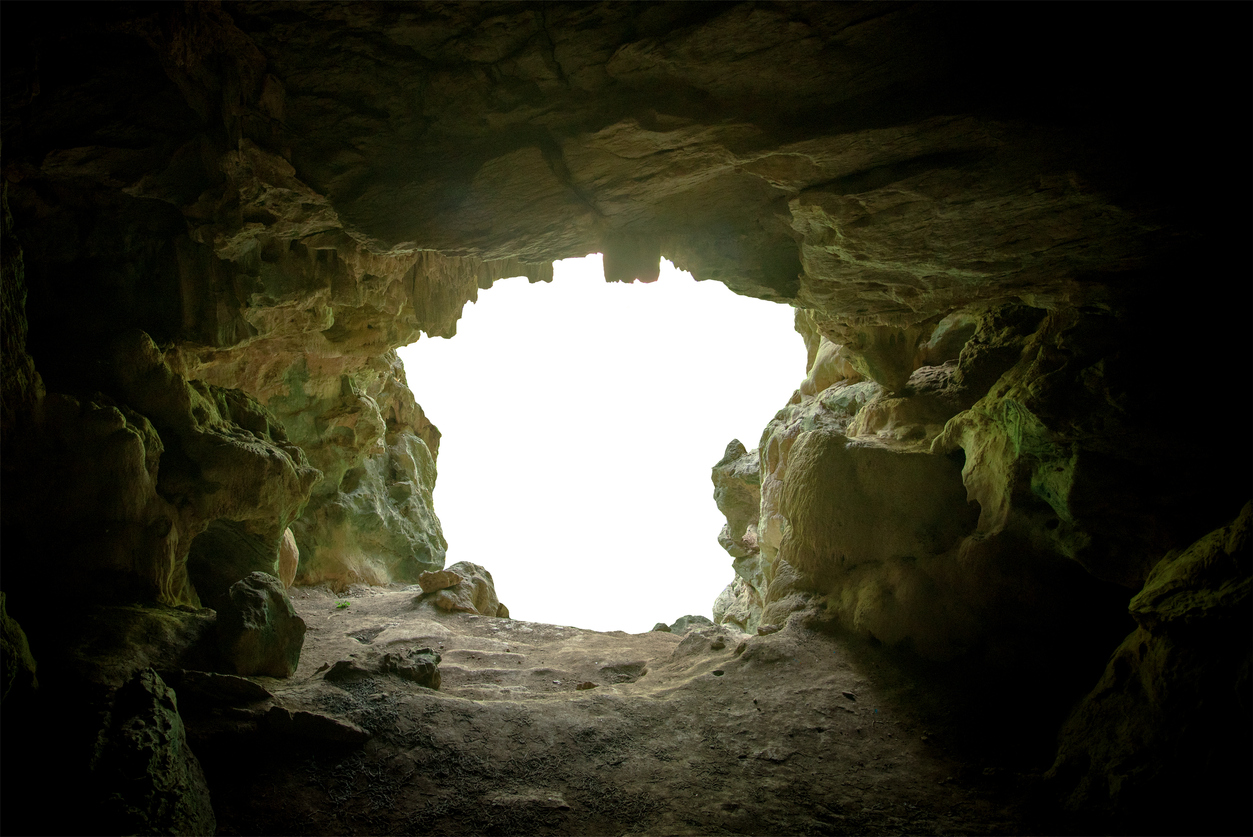Human skull found in Greek cave is oldest ever discovered outside Africa


A free daily email with the biggest news stories of the day – and the best features from TheWeek.com
You are now subscribed
Your newsletter sign-up was successful
Researchers who used modern technology to study two skulls found 41 years ago in Greece have dated one of the skulls to 210,000 years ago, and believe this is the earliest evidence of modern humans in Eurasia.
In a study published Wednesday in the journal Nature, the researchers write that the skulls were found in southern Greece in a cave that can now only be reached by water. One skull, called Apidima 1, is 210,000 years old, which is 160,000 years older than previous discoveries, CNN reports. The other skull, dubbed Apidima 2, was more complete than Apidima 1, and belonged to a Neanderthal who lived in the area 170,000 years ago. The oldest recovered fossils of early humans go back to 315,000 years ago, and were found in Morocco.
The skulls were discovered in 1978 but weren't cleaned until the 1990s. Recently, researcher Katerina Harvati was asked if she'd like to study the fossils, and her team scanned each skull and created 3D reconstructions. They have been able to get DNA samples from the skulls, and also plan on seeing if the fossils contain any proteins that can be analyzed. Because the skulls were found in the same cave, this shows there were multiple early migrations out of Africa, the researchers said, and they will continue to investigate what caused these treks.
The Week
Escape your echo chamber. Get the facts behind the news, plus analysis from multiple perspectives.

Sign up for The Week's Free Newsletters
From our morning news briefing to a weekly Good News Newsletter, get the best of The Week delivered directly to your inbox.
From our morning news briefing to a weekly Good News Newsletter, get the best of The Week delivered directly to your inbox.
A free daily email with the biggest news stories of the day – and the best features from TheWeek.com
Catherine Garcia has worked as a senior writer at The Week since 2014. Her writing and reporting have appeared in Entertainment Weekly, The New York Times, Wirecutter, NBC News and "The Book of Jezebel," among others. She's a graduate of the University of Redlands and the Columbia University Graduate School of Journalism.
